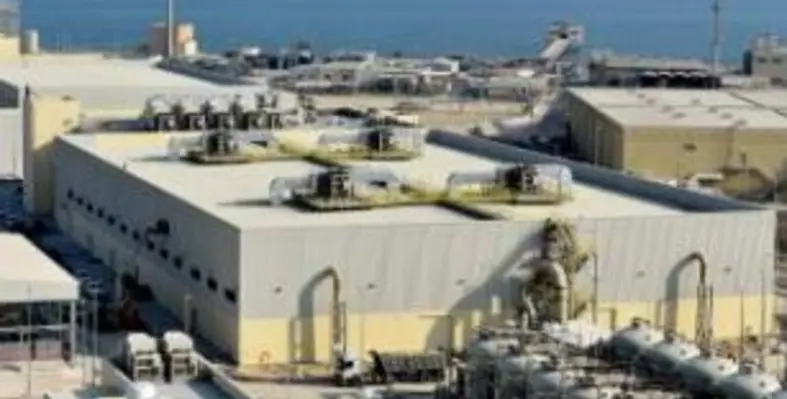ACCIONA has completed the construction of the Al Khobar I desalination plant in Saudi Arabia and has been producing water beyond its nominal capacity since 26 December
The seawater desalination reverse osmosis (SWRO) plant, of high energy efficiency, is a major project in the modernization of the water sector that is currently being carried out by Saline Water Conversion Corporation (SWCC) of Saudi Arabia.
The plant, which will produce 210,000 cu/m of drinking water per day, will supply a population equivalent of 350,000. It is one of the biggest desalination plants in Saudi Arabia in terms of capacity.
ACCIONA project director Ignacio Lobo Guti?rrez said, ?We are very proud to have completed this project to schedule and to contribute to supplying drinking water in the country in a sustainable and innovative way. This milestone is the result of good teamwork between the client, technical assistance and the project team?.
ACCIONA has completed the testing programme and the commissioning of the plant remotely, using digital twin technology.
Due to this digital twin (an exact digital copy of the Al-Khobar 1 seawater reverse osmosis plant [SWRO]), a team of specialists in Madrid was able to start the tests and start the plant up remotely, reducing the number of personnel on site to a minimum. The technology allowed us to complete the commissioning of the plant on time, despite the restrictions on mobility imposed by the pandemic.
The team in Madrid controlled the first stage of this process from the CECOA (ACCIONA?s Water Control Center).
A major project in Saudi Arabia
Saudi Arabia, a country with a population of around 33.4 million, is the third biggest consumer of water per capita in the world, after the United States and Canada. The country has implemented a series of measures to rationalise water consumption as part of its Vision 2030 program, with the aim of reducing consumption by 24% in 2021 and by up to 43% by the end of the decade.
According to ACCIONA?s latest Sustainability Report, total production of desalinated water in the Middle East region will be 13 times higher in 2040 than in 2014. In a region with serious water shortages, the demand for desalinated water is growing in response to climate change and an increasing population.







